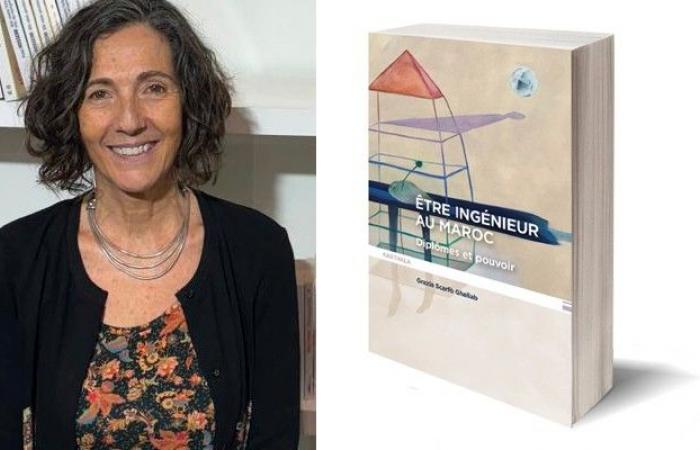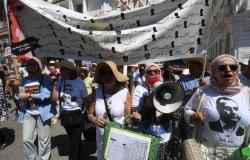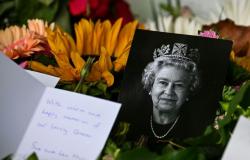The survey was carried out on the basis of no less than a hundred interviews with Moroccan engineers working in the Kingdom, including 20 women.

Presented at the last International Book Fair in Rabat (from May 10 to 19, 2024), here is a work by Grazia Scarfo Ghellab that attracts interest. Why? By the dimension of the investigation over years on the status of engineer in Morocco and this in this perspective: that of diplomas and power (Karthala editions, Paris, November 2023, 267 pages). By the choice of this working hypothesis also: how the title of engineer is a particular asset facilitating a place in the “positions of power”, that of the ruling elites of the Kingdom? A problem eligible for the sociology of education: it looks at the relationship between the status of the engineer on the one hand and his social status as a master – what we call socio-professional mobility.
A state elite
The engineer? He is not in the sphere of the pole of power but in that of a position of power, at the upper level of the “organizational hierarchies of the public sector”, a state elite… The survey was conducted on the basis of no less than a hundred interviews with Moroccan engineers working in the Kingdom, including 20 women. This social science method was useful in the absence of a national database on the thousands of engineers, retired or active. It was the only option for understanding the world of engineers: how does one become an engineer? What career? And how does the attraction and aspiration to the public sector come about? The corporatist networks are not negligible, such as that of the Bridges and Roads Department, which has heavily invested the state apparatus and public companies since the mid-2000s. Not all of them probably have access to management positions, evolving at intermediate levels.
But the fact remains that there is, globally, this problem: that of the relations between technocrats and politics. At the end of this investigation conducted over years, Gracia Scarfo Ghellab explains the multiple paths that lead the engineering degree to participation, to “the production and/or reproduction of the Moroccan ruling elites as well as to trigger, more broadly, a process of social mobility”. This diploma gives significant added value in the job market; it values educational investment; it accelerates and promotes the entry ticket into the power elites.
The author does not, however, fail to emphasize “the divide that exists in Morocco between educational and social mobility.” Reference is made to the low competitiveness of the public training offer compared to that of the private sector – a social selection that is accentuated by the deficit of the public school system. A recurring debate that has not – yet? – translated into efficient public policies…
Bio-express
GRAZIA SCARFO GHELLAB
Italian sociologist, is professor of sociology at the Hassania School of Public Works in Casablanca where she has been based since 1994. She co-edited two works for Editions Karthala: The university worlds facing market logic: circulation of knowledge and practices of actors, in 2011, and Studying in the East, experiences of African graduates in 2025.






